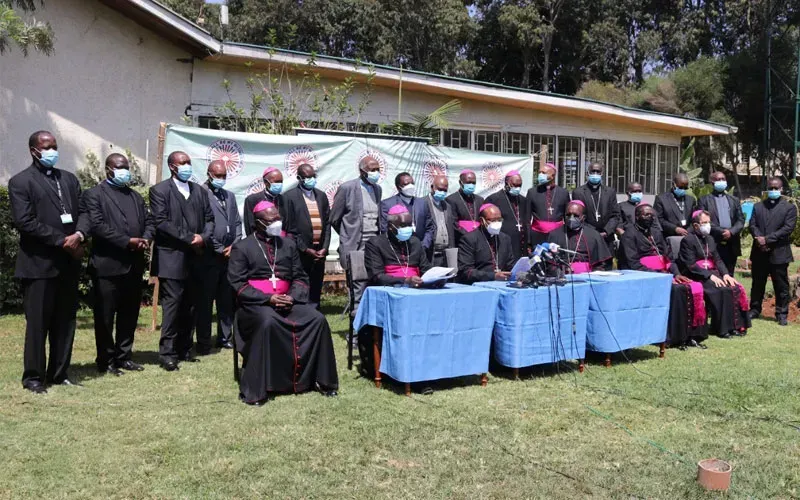Nairobi, 25 August, 2022 / 9:22 pm (ACI Africa).
The Catholic peace and charity foundation, Denis Hurley Peace Institute (DHPI), has expressed concern that nearly 60 years after independence in Kenya, elections in the East African country are still conducted along tribal lines and geopolitical zones, and that political leaders are not chosen based on merit.
In a Tuesday, August 23 interview with ACI Africa, DHPI Director, Johan Viljoen, said that the Catholic Church in Kenya still has a lot of work to do in terms of educating the masses to put their tribal inclinations behind and to elect leaders who have the interest of the people at heart.
“I have been following the Kenyan elections and one thing that stood out was the tribalism and geopolitical zoning that seems entrenched in the country especially in every electioneering period. Tribalism is still a huge factor in Kenyan politics, nearly 60 years after the country’s independence,” Mr. Viljoen said.
He added, “I spoke to people in various regions in Kenya concerning the presidential election and I realized that most were supporting one of their own. It is disheartening to note that tribalism still plays a huge part in the politics of a country that has such a huge population of Christians.”
Mr. Viljoen lauded members of the Kenya Conference of Catholic Bishops (KCCB) for playing their civic role before, during and after the August 9 general elections, and urged them to now focus on uprooting “the disease of tribalism” in the country.








